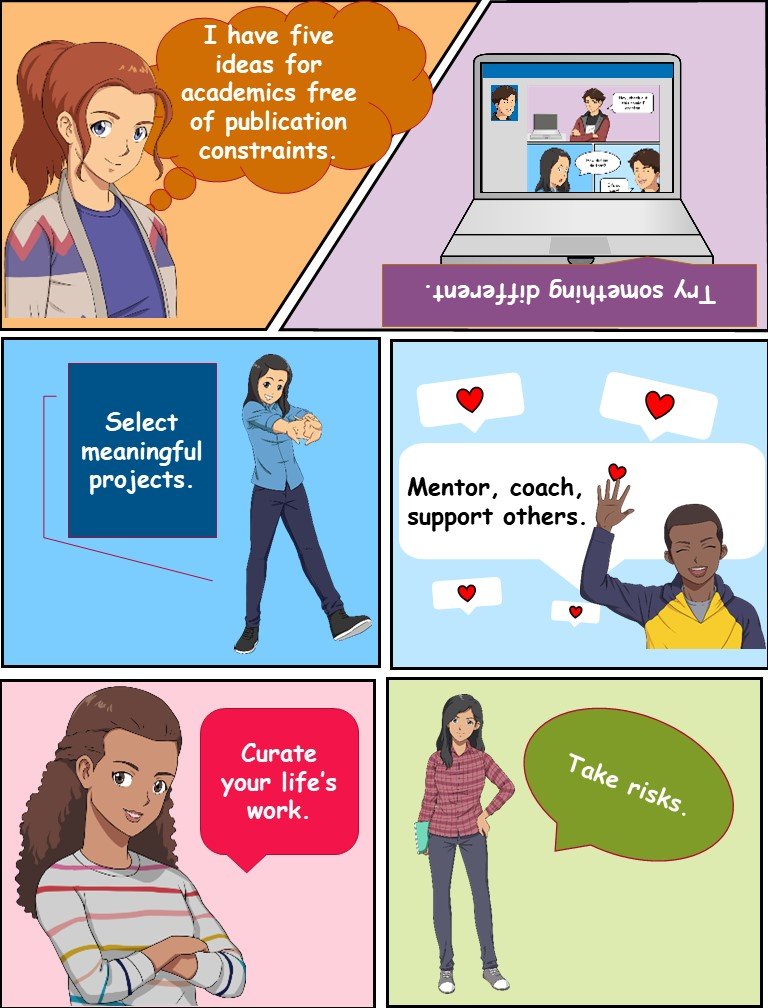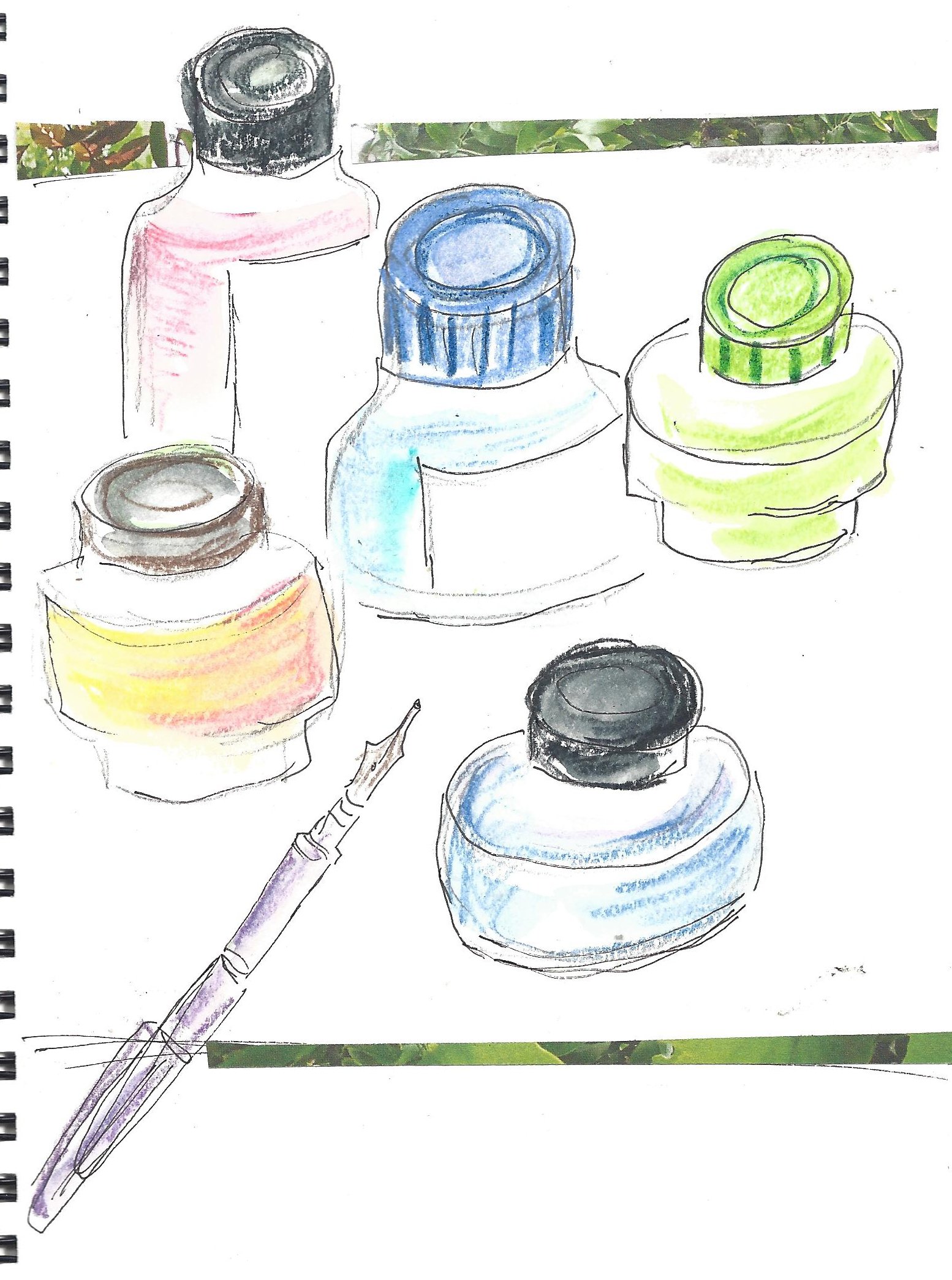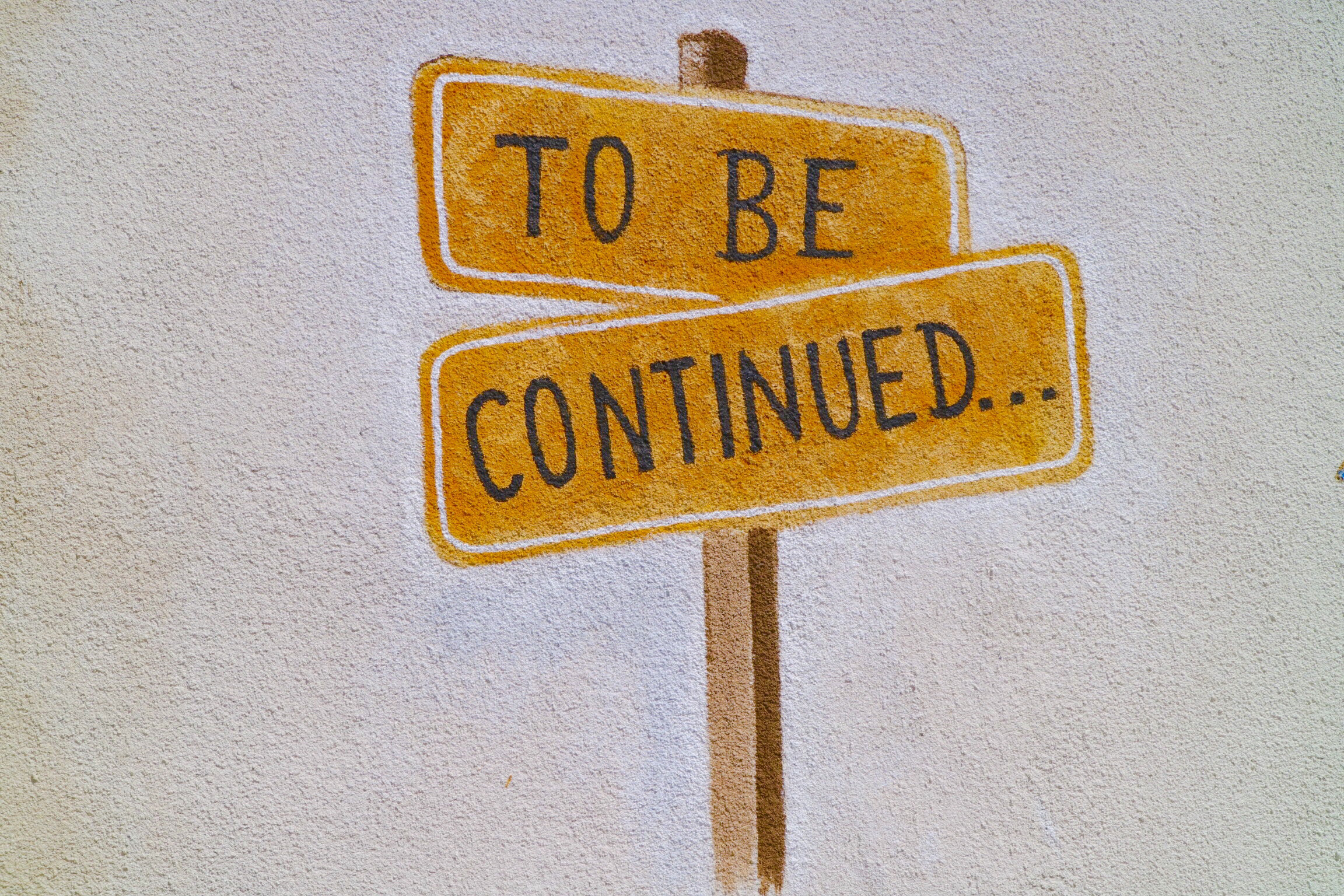The Writing Life Beyond Career Requirements
by Janet Salmons, Research Community Manager for SAGE Methodspace
Dr. Salmons is the author of Doing Qualitative Research Online, which focuses on ethical research and writing, and What Kind of Researcher Are You? which focuses on researcher integrity. Use the code COMMUNITY3 for a 20% discoung, valid worldwide until 31/03/24.
Who determines what you publish, and where you publish it?

Many academic writers are at a point in life and career where their publication choices are dictated by their institutions. They are required to publish certain types of writing, usually peer-reviewed articles, in specific categories of journals. While they might want to share their work in chapters or books, blog posts or media, they might find that they do not count for tenure or promotion. While the field is changing and the value for more forms of creative and online dissemination are becoming recognized, research-focused institutions can have quite rigid parameters.
What do you write when it is your choice?
Others of us reach a point in life and career, when we have no one telling us what to research and what to write. We could be in this situation due to maturity in years or achievement, or because we are not employed by an academic research institution. What options do we consider? Then what? How do we decide? How do we set priorities? We are free of constraints, but also free of guidance. Since I am in this category myself, I came up with five possibilities. I wondered what others thought, so I led a discussion on this topic at the Textbook and Academic Authors Association Conference last summer.
I wanted to share these ideas with Methodspace readers, so I asked Dr. Virginia Yonkers, recently retired from the State University of New York at Albany, to join me in the conversation you can view below. If you have experiences to share, use the contact form to get in touch.
More Methodspace Posts about Academic Writing
Deaf scholars are flipping the script in academic publishing—highlighting the power of signed languages, challenging outdated views, and creating space for real representation through the Society of American Sign Language Journal.
Creating an effective abstract is often challenging yet crucial. With 250 words or fewer, authors must make strategic decisions about what to include and exclude, while delivering a clear and focused message that outlines the content of the manuscript. This blog entry illustrates how S.M.A.R.T. principles (specific, measurable, achievable, relevant, and time-bound) can assist academic writers in crafting clear, concise abstracts for manuscripts and research papers.
Michelle Boyd answers a question about taking small steps to make progress on a large writing project.
How are the rhythms of academic life changing, and what does arrhythmia mean in the context of our careers?
In this post Dr. Mazak discusses how to manage the writing process for a large project such as a dissertation, thesis, or book and offers resources to help new or experienced writers.
This list of books and articles include a range of discussions about academic and research careers.
This post includes tips about writing qualitative proposals excerpted from Research Design by Creswell and Creswell.
Thinking about research careers and calling: finding the right fit.
Celebrate Academic Writing Month 2023 by getting organized! Find open-access resources to help you avoid being distracted by details and lost files.
Dr. Linda Bloomberg offers detailed suggestions for getting organized and starting a dissertation or thesis.
Sometimes taking a break from the keyboard to write by hand unleashes creativity.
Maria Lahman offers tips to help you hone your academic writing
Find tips that will help you hone your writing.
Get ready for #AcWriMo! Find a checklist that will help you overcome obstacles that keep you from making progress with academic writing.
This must-read article in The Scholarly Kitchen caught my attention: “Who Is Going to Make Money from Artificial Intelligence in Scholarly Communications?” See this thought-provoking interview with the author, Joseph Esposito.
May is Mental Health Awareness Month - a good time to pay attention to wellbeing. Given the stresses on academia, it is more important than ever to find time for self-care.
Banned Books Week is a launchpad for an ongoing focus on factors that precede book bans or curricular restrictions, and implications for researchers and academic writers.
Marta Eichsteller offers tips for using and writing about biographical methods.
All the posts for Academic Writing Month 2022 are here on one page!
Learning while doing: collaborating on a book about collaboration.
Ethical decisions are present throughout the process of academic writing and publishing. This collection of open-access articles offers insights about some of the issues writers face.
Our context and identities influence how we think about our writing practice, our beliefs about time and boundaries, and so many other factors that have a real effect on us as academic writers.























Thinking about new beginnings in a new year? Perhaps it is a time to think abut what makes work meaningful to you, and how those priorities influence career choices. Reflect on these open-access readings about meaningful work.